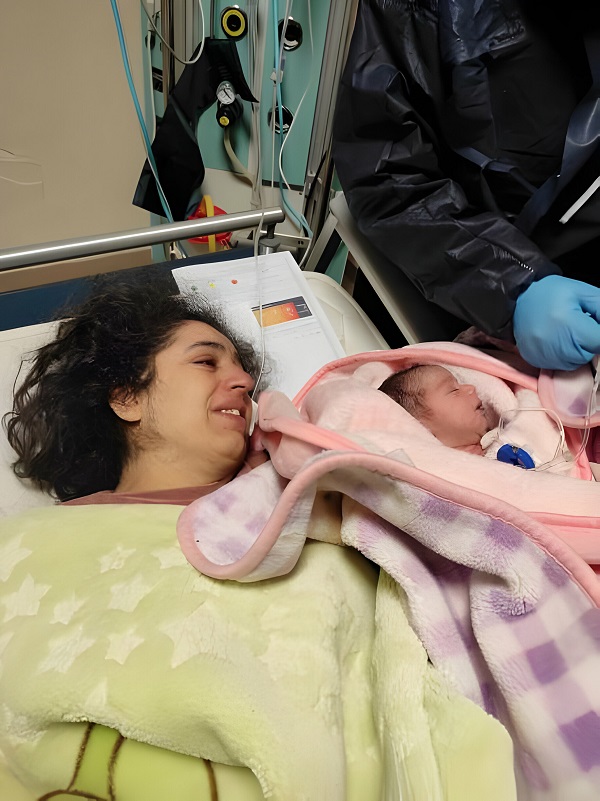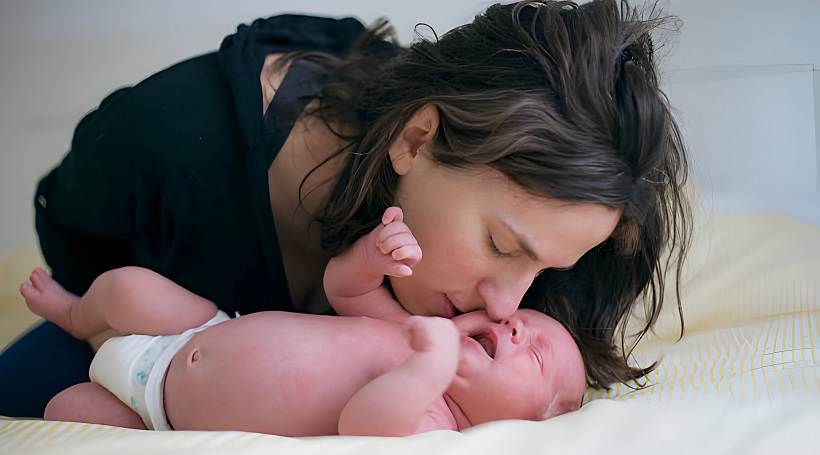Last Updated on January 1, 2025
The question of the right age to have a baby, framed as a matter of selfishness, cannot be answered with a specific age due to the complexity and individuality of personal circumstances. Factors like health, financial stability, emotional maturity, and support systems play critical roles in this decision. Therefore, rather than a specific age, it’s more about the readiness and ability to provide a nurturing environment for the child.
In exploring the nuanced topic of the ideal age to start a family, one encounters a broad spectrum of opinions, scientific research, and cultural expectations. The debate often circles the notion of selfishness: At what age does choosing to have a baby become a selfish act? This question implies a judgment that hinges on numerous factors, including the potential parents’ physical health, emotional readiness, financial stability, and the support available to them. To navigate this complex issue, we must consider these factors in depth, alongside societal trends and the shifting nature of modern families.

Read More – How To Clean A Baby Tongue At Different Stages?
The Biological Clock: Health Considerations
Biologically, women’s fertility begins to decline in their late 20s, with a more significant decrease after age 35. Men, too, experience a decline in fertility and an increase in the risk of genetic abnormalities in offspring as they age, though this happens later. From a strictly biological standpoint, the optimal age for childbearing is often cited as between 20 and 35. However, focusing solely on biology disregards the multifaceted nature of this decision.
The health aspect extends beyond fertility. Older parents face higher risks of pregnancy-related complications and chronic conditions that can affect their ability to care for young children. Yet, advances in healthcare mean that many people are living healthier, longer lives, potentially offsetting some of these concerns.
Financial Stability and Career Considerations
Financial readiness is another critical factor. The economic burden of raising a child in today’s world is significant. The cost of childcare, education, healthcare, and basic living expenses can be daunting. Younger parents might struggle with these financial responsibilities due to less established careers or lower earnings. On the other hand, older parents might have more financial resources but face other risks, such as decreased energy levels and a shorter time horizon to support their children into adulthood.
Career considerations also play a role. Many people in their 20s and early 30s are focused on education and career advancement. Delaying parenthood can be seen as a way to establish oneself in a chosen career path, ensuring financial and job security that can benefit future children. However, this delay can conflict with biological fertility windows, illustrating the delicate balancing act between career aspirations and family goals.
Emotional Maturity and Support Systems
Emotional readiness is perhaps the most subjective factor, yet it’s crucial. The emotional and psychological demands of parenting are intense, and there’s an argument to be made that life experience and emotional maturity, often found in older parents, are invaluable. Support systems, too, are essential. The presence of a supportive partner, family, or community can significantly impact the feasibility and joy of parenting, regardless of age.
Read More – Why Babies Sleep With Their Butt In The Air?
Societal Trends and Modern Families
Societal norms around family planning have shifted dramatically. The average age of first-time mothers and fathers has been rising globally, reflecting changes in societal values, the role of women in the workforce, and the acceptance of diverse family structures. These shifts suggest a move away from viewing parenting through a lens of age-related selfishness to a more nuanced understanding that encompasses readiness in its many forms.

The Verdict: Is There a Selfish Age?
The framing of the question itself might be flawed. Rather than asking at what age it becomes selfish to have a baby, it might be more constructive to ask whether an individual or couple is prepared to offer a nurturing, stable, and loving environment for a child. This preparation includes financial stability, emotional maturity, health considerations, and a strong support network.
Critics might argue that having a child at a very young age or significantly later in life can be selfish for different reasons: Young parents might lack financial stability and life experience, whereas older parents might not have the same energy levels or lifespan to support their child into adulthood. However, these criticisms fail to account for the individuality of each situation and the fact that readiness does not correlate directly with age.
Read More – When Do Babies Grow Out Of Contact Naps?
FAQs
At What Age Is It Selfish To Have A Baby?
It’s not about a specific age but the readiness and ability to provide a nurturing environment. Selfishness might be better assessed by considering one’s health, financial stability, emotional maturity, and support systems rather than age alone.
What age is hardest to have a baby?
The “hardest” age varies per individual, balancing biological challenges with personal circumstances. For women, the late 30s and beyond may present increased biological challenges, whereas younger parents might face financial and emotional readiness hurdles.
What is the ideal age to have a baby?
The ideal age is often considered between 20 and 35, balancing biological fertility with emotional and financial readiness. However, the optimal age varies greatly depending on individual health, career goals, and personal circumstances.
Is it selfish to have a baby at 43?
Having a baby at 43 is not inherently selfish. Decisions should be based on the ability to provide a loving and stable environment. Advances in healthcare and changing societal norms support older parenthood as a viable option.
Is it selfish to have a baby at 37?
Having a baby at 37 is not selfish if the individual or couple is emotionally, financially, and physically ready to provide a nurturing home. Each situation is unique, and the focus should be on the well-being of the child and the family’s readiness.
Conclusion
The decision to have a child is deeply personal and cannot be adequately guided by a simple age metric. It’s a choice that should be made based on a comprehensive understanding of one’s abilities to provide a nurturing environment, rather than a superficial assessment of selfishness based on age. Society’s role should be to support parents at any age, recognizing that a loving, stable, and supportive upbringing is the true cornerstone of successful parenting, far beyond the numbers on a birth certificate.

